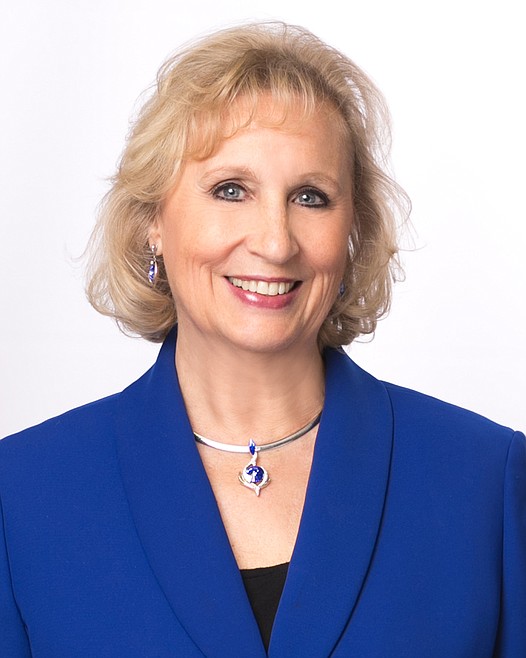ADVERTISING: Advertorial — Defeating digestive bloating
When discussing this most uncomfortable condition, we must first differentiate between bloating from hormonal imbalances and bloating due to digestive insufficiencies.
Digestion. The most discussed cause of digestive bloating is eating too fast or overeating, consuming gas-producing foods such as beans, broccoli, cabbage, onions, gluten, dairy and carbonated beverages or even chewing gum which causes you to swallow air.
However, the most important part is rarely discussed, much less addressed — digestive insufficiency. Starting from the mouth, not chewing your food to a liquid, limits communication between the tongue and the brain, resulting in diminished enzyme release. Hydrochloric Acid (HCl), an acid enzyme, is a critical step in breaking down proteins and minerals so they are more assimilable. It is also necessary to promote healthy digestion after leaving the stomach, especially carbohydrate and fat metabolism. Without adequate HCl, food is unable to digest completely, causing foods to ferment. These acid enzymes do not generally damage the lining of the stomach due to buffering mechanisms. Most people who experience “too much stomach acid” aren’t experiencing too much hydrochloric acid. When food ferments in your stomach, it releases organic acids. It is these acids that cause heartburn and ultimately reflux, not an excess of HCl. While this excess is possible, it isn’t as common as most people think. Insufficiency of HCl resulting in your food essentially rotting in your gut, is the biggest cause of digestive distress, including GERD, heartburn and bloating.
Hydrochloric acid causes the release of other enzymes and provides the proper pH for the rest of the digestive tract. Once the enzyme-saturated, broken-down food (chyme), leaves the stomach and enters the upper end of the small intestines, the duodenum, it mixes with more alkaline enzymes that neutralize it. This second stage of pH balance is critical for proper gut microbiota (the good, healthy flora or “the good bugs”) the rest of the way through the digestive system. An imbalance in the gut microbiota is another cause of bloating. Pre and Probiotics are important in re-establishing an unhealthy microbiota caused by poor eating habits, antibiotics and other medications. Eating fermented (aka “cultured” foods) is an easy way to re-establish this digestive health. Handling digestive insufficiencies is the number one best way to rid yourself of bloating.
Hormonal bloating, or menstrual bloating is due to estrogen levels rising during the first half if the menstrual cycle. Or, after ovulation, the increase of progesterone levels, influencing digestion, causing bloating. Hormones and excess salt consumption can cause an increase in water retention, also contributing to bloating. Physically, the uterus expands or enlarges a little during menstruation, also contributing to feeling bloated.
While diet is extremely important when it comes to resolving bloating, acupuncture is one of my favorites. Acupuncture improves digestion at all levels, reduces inflammation and water retention, balances hormones and helps with other PMS and menstrual symptoms exhibited. You don’t have to suffer. We can help.
Want to hear more from Holly Carling? Check out our podcast. Search for VitalHealth4You on your favorite podcast listening app or go to vitalhealthcda.com/podcasts/.
• • •
Holly Carling is a Doctor of Oriental Medicine, Licensed Acupuncturist, Doctor of Naturopathy, Clinical Nutritionist and Master Herbologist with over four decades of experience. Carling is a “Health Detective.” She looks beyond your symptom picture and investigates WHY you are experiencing your symptoms in the first place.
Carling is currently accepting new patients and offers natural health care services and whole food nutritional supplements in her Coeur d’Alene clinic. Visit Carling’s website at www.vitalhealthcda.com to learn more about Carling, view a list of upcoming health classes and read other informative articles.
Carling can be reached at 208-765-1994 and would be happy to answer any questions regarding this topic.

